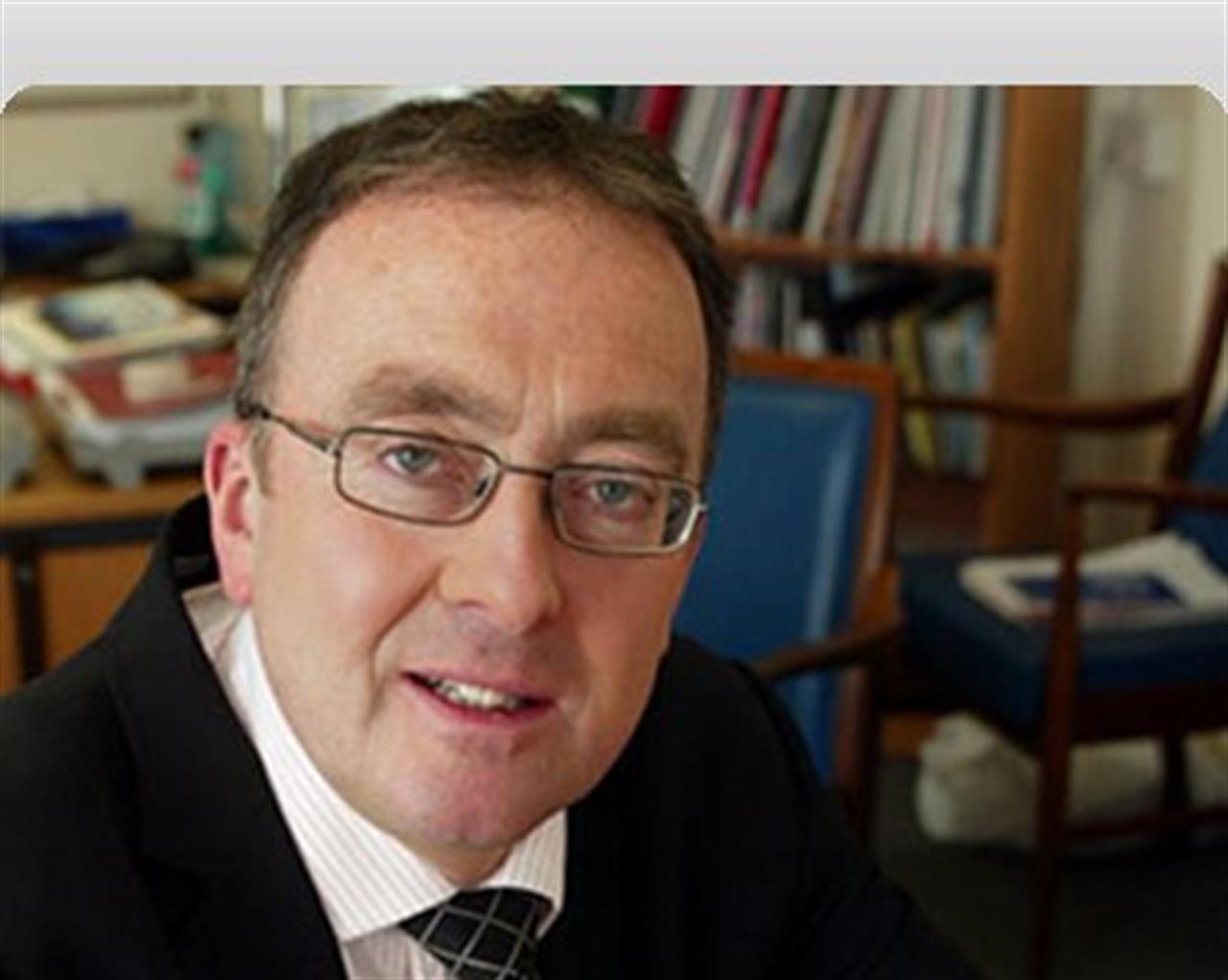Mondo
A knight for the sector
Congratulations Sir Stephen! Acevo's chief executive is knighted in the New Years Honours List

In the British third sector, Stephen Bubb is a household name. Chief executive of the organisation representing the chief executives of Britain’s voluntary organisations (Acevo) for more than ten years, Bubb is a leader of leaders. But as of January 1 when a front page article in The Times announced his knighting in the New Year Honours List, his name is bound to become known in even wider circles than before.
“I was obviously very pleased, its quite a mark of respect for the professionalism and leadership of our sector,” Sir Stephen told VitaEurope. “But I don’t intend to be your typical establishment knight. I will use it to get the attention of government ministers and newspaper editors and to get my points across,” he adds.
An outspoken advocate of the need to make civil society as professional as possible, Bubb has been a key promoter of ‘welfare devolution’, the idea of charities as efficient and effective providers of public welfare services. “My job,” explains Bubb, “is to to say to decision makers: use us more”.
The principle behind welfare devolution is that charities and social enterprises are better suited than anyone else to provide services that meet the needs of people and communities . They are able to deliver more efficient and effective services in a range of fields, from health to transport to gardening. The added extra? They cost less and provide added social value, like giving work to the disabled or involving the elderly in community life.
Bubb is also adamant about the need to invest in the sector, not out of charity but because in the long term it makes a lot more economic and social sense. “The government’s public spending cuts are not only damaging charities, but society as a whole. There is a real opportunity here to deliver more public services through the third sector, which for us means more opportunities to expand.” But this won’t be achieved if the government continues cutting the sector’s funds. In his Blog, Bubb calculates that the charity sector will loose more that 1 billion pounds next year and up to 3 billion pounds per year by the end of the Parliament.
Bubb wasn’t the only civil society representative to be knighted in the 2010 New Year Honours list, but he was the only one to come from the traditional voluntary sector. “I think that they wanted to signal that we are an important part in the life of a country and should be honoured in the same way as we do people in the civil service industry, like the police and the armed forces,” he explains.
Prior to the release of the list on December 31, the government had in fact announced that the majority of awards would go “to extraordinary people who are making a real contribution to their community”, people actively involved in creating Britain’s Big Society. Of the 997 people on the list, 75 per cent were “local heros” and people like the philanthropist Alec Reed, founder of Reed Employment Agency and charities like The Big Give.
But will Sir Stephen Bubb’s knighthood bring anything tangible to the sector? According to Bubb, yes. “Whether right or wrong, in the way that the dear old British system works titles and honours mean a lot and people pay a whole lot more attention to what you are saying. Take the article in the Times for example: as soon as they heard I had been knighted my interview was put on the front page. So what I did was take that opportunity to highlight the cuts to the sector”.
To read more about Sir Stephen Bubb, or to congratulate him directly, visit h Bubb’s Blog and the Acevo website.
Nessuno ti regala niente, noi sì
Hai letto questo articolo liberamente, senza essere bloccato dopo le prime righe. Ti è piaciuto? L’hai trovato interessante e utile? Gli articoli online di VITA sono in larga parte accessibili gratuitamente. Ci teniamo sia così per sempre, perché l’informazione è un diritto di tutti. E possiamo farlo grazie al supporto di chi si abbona.
